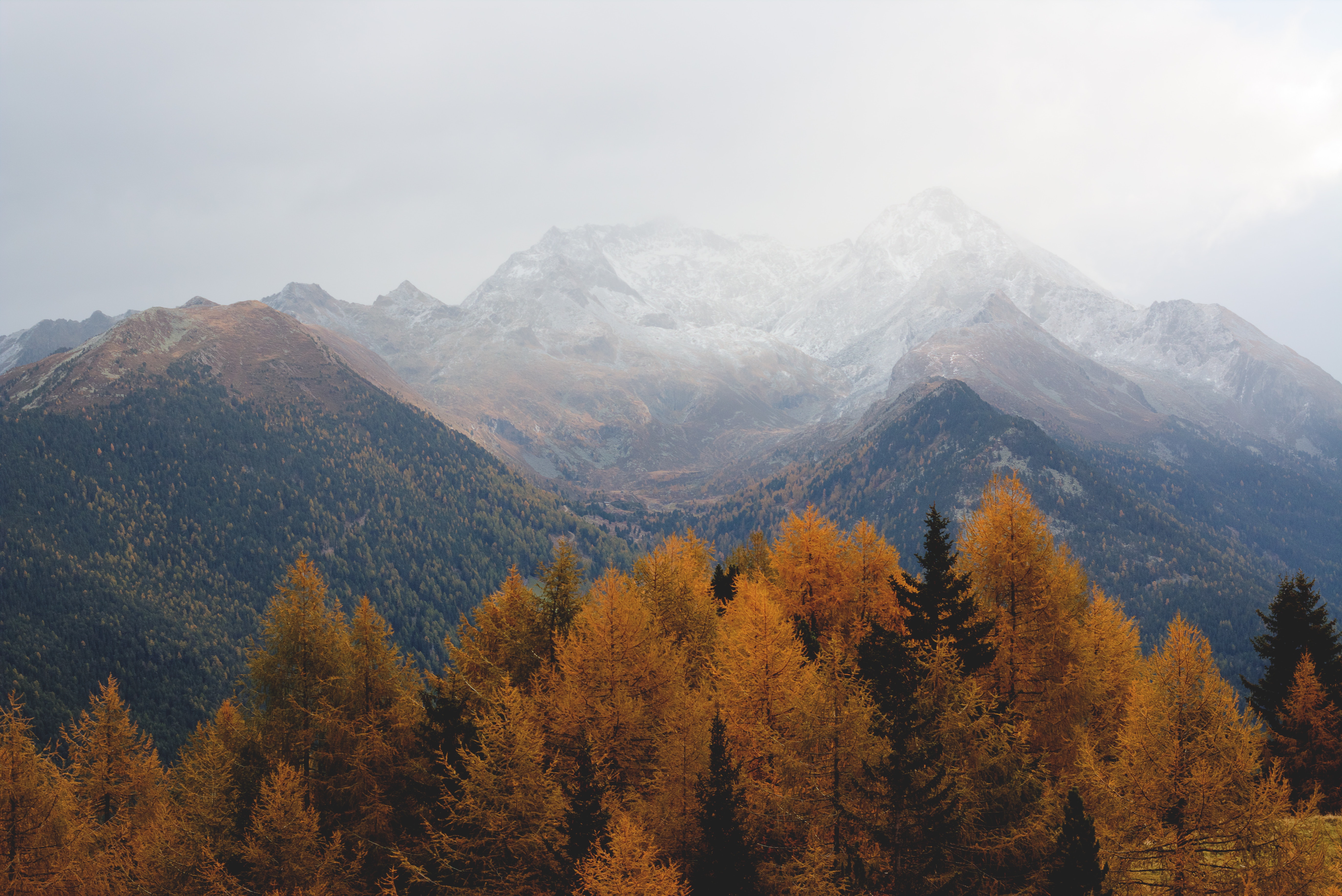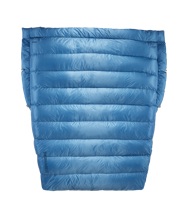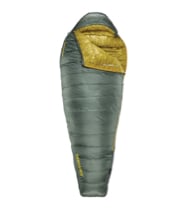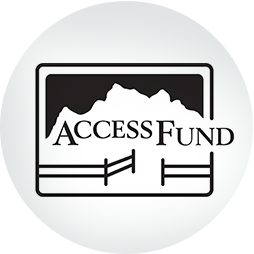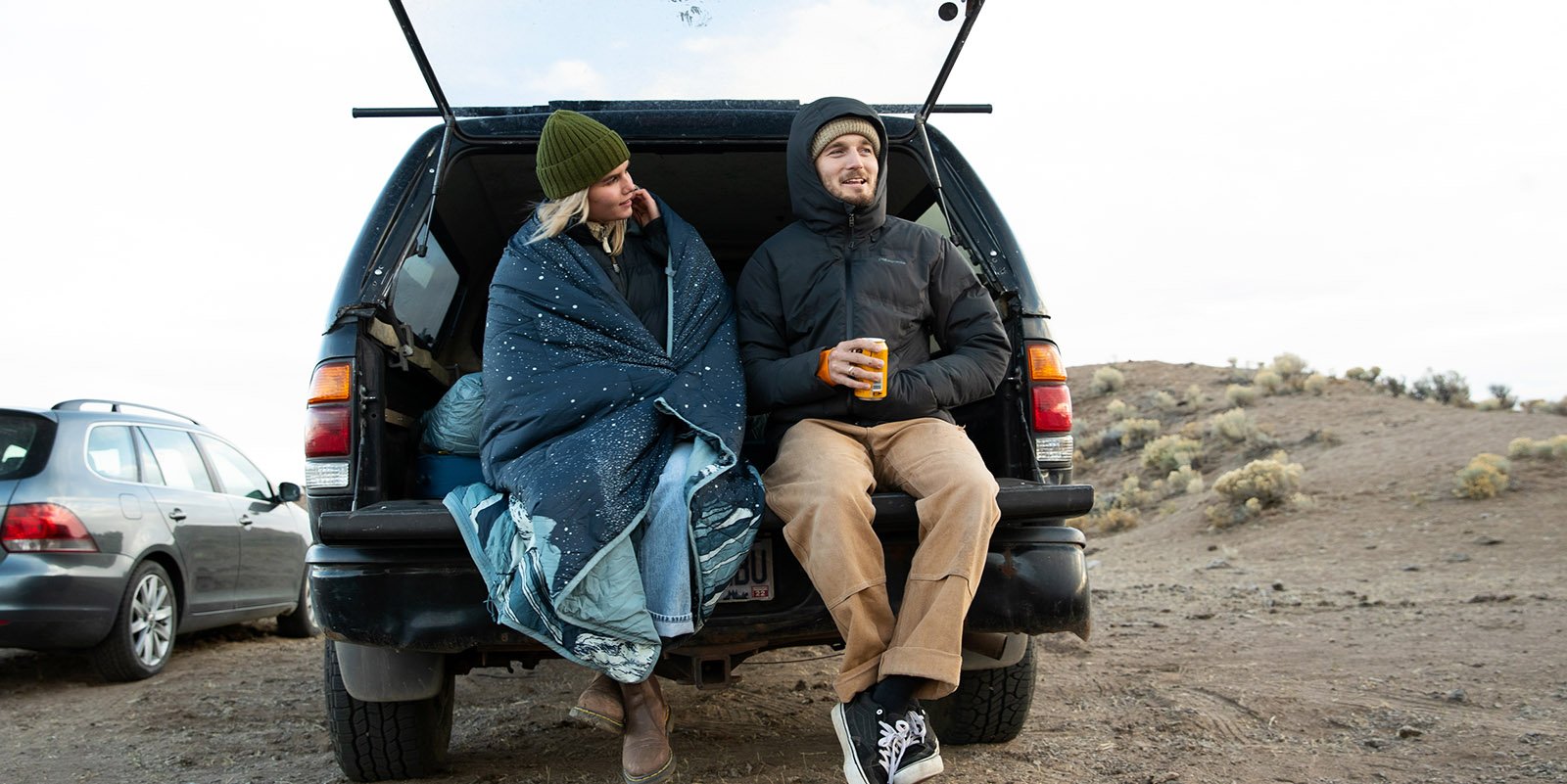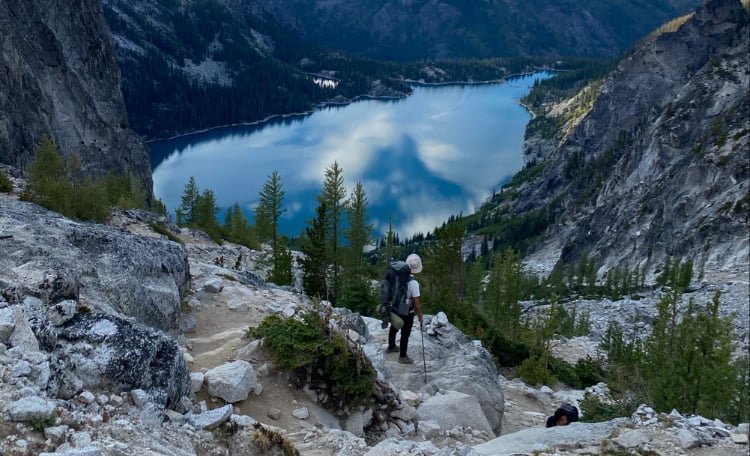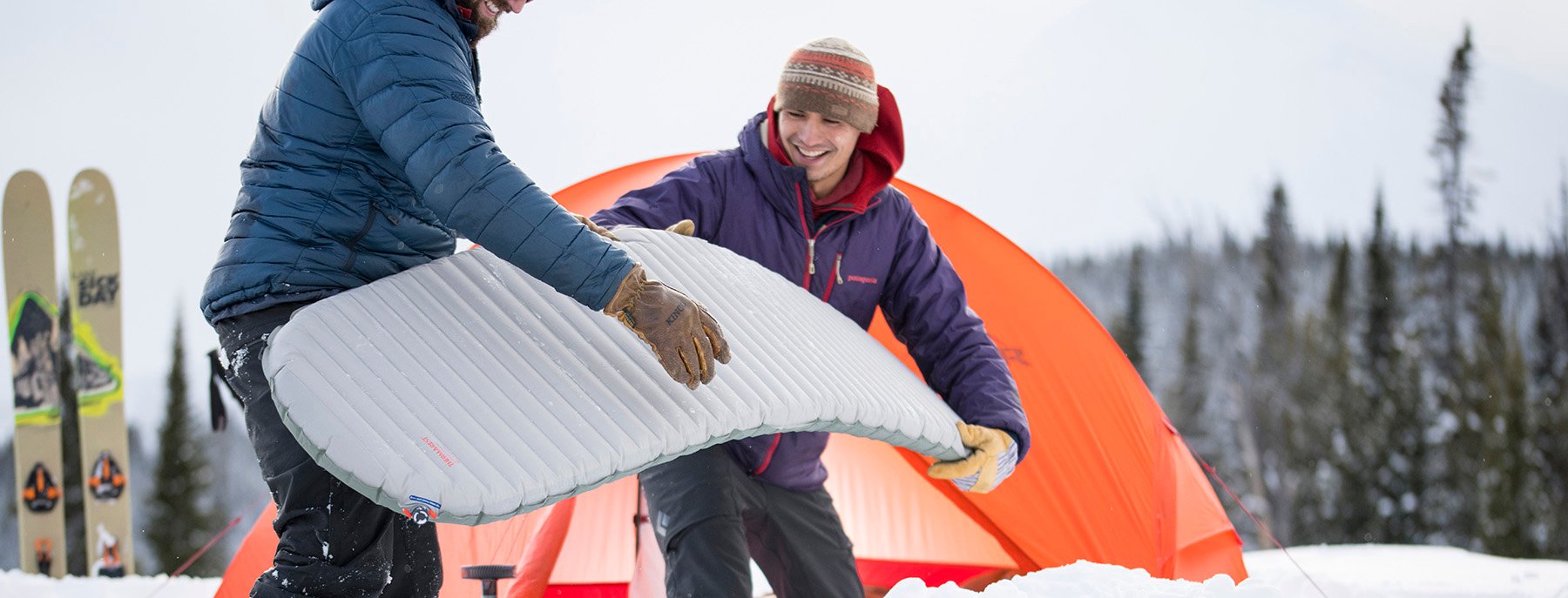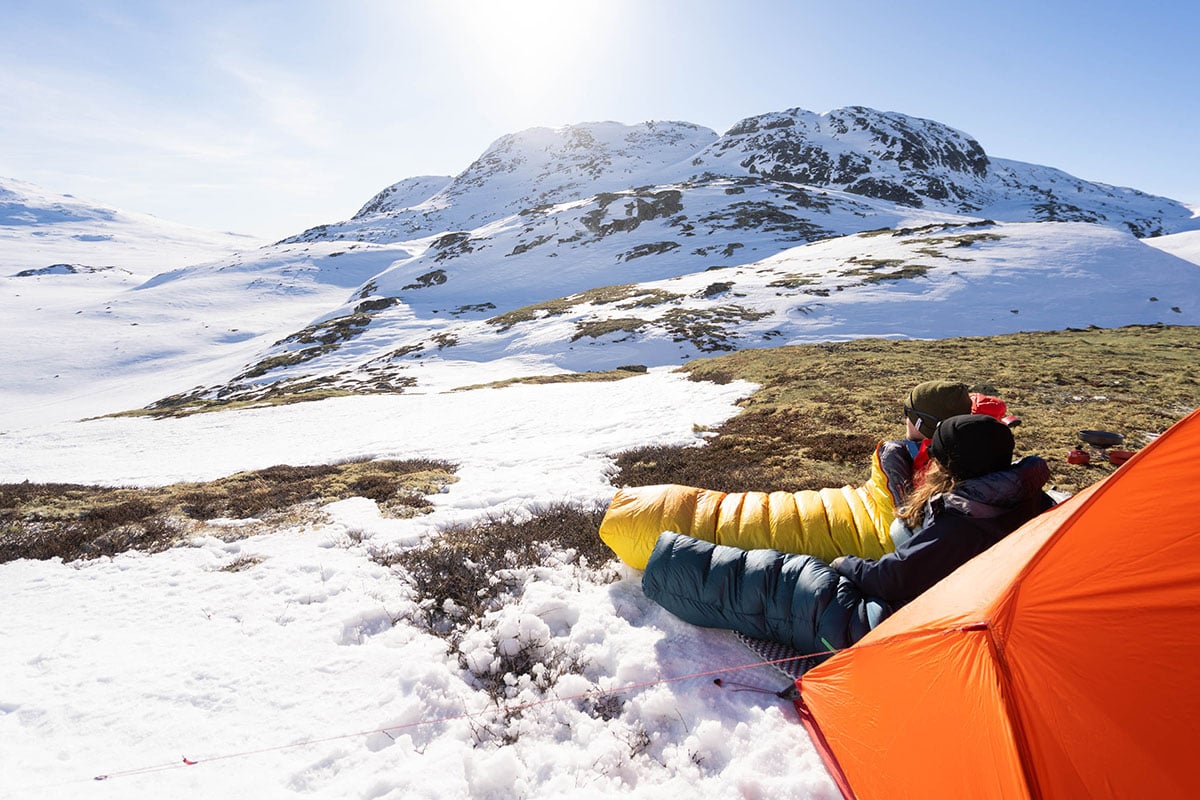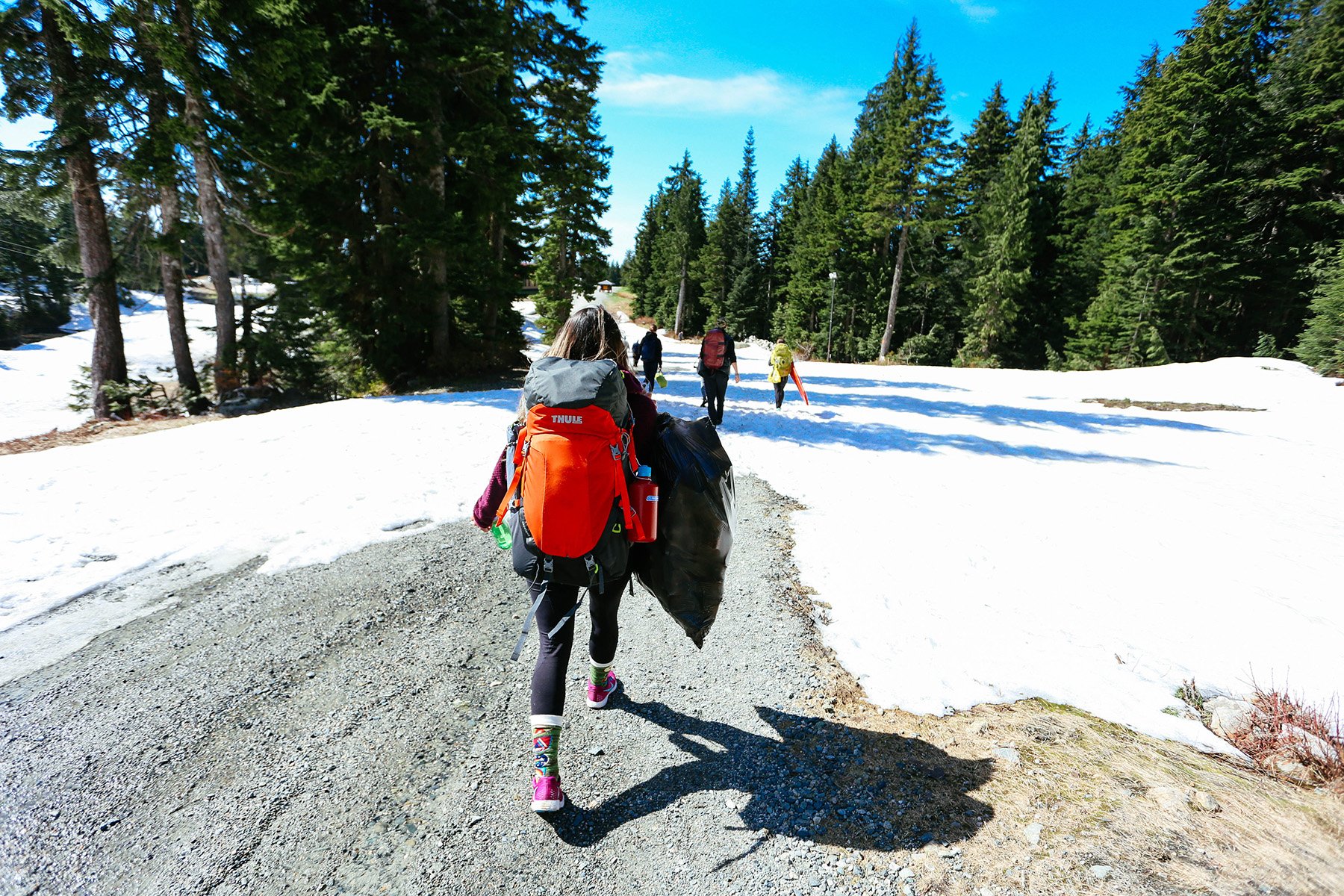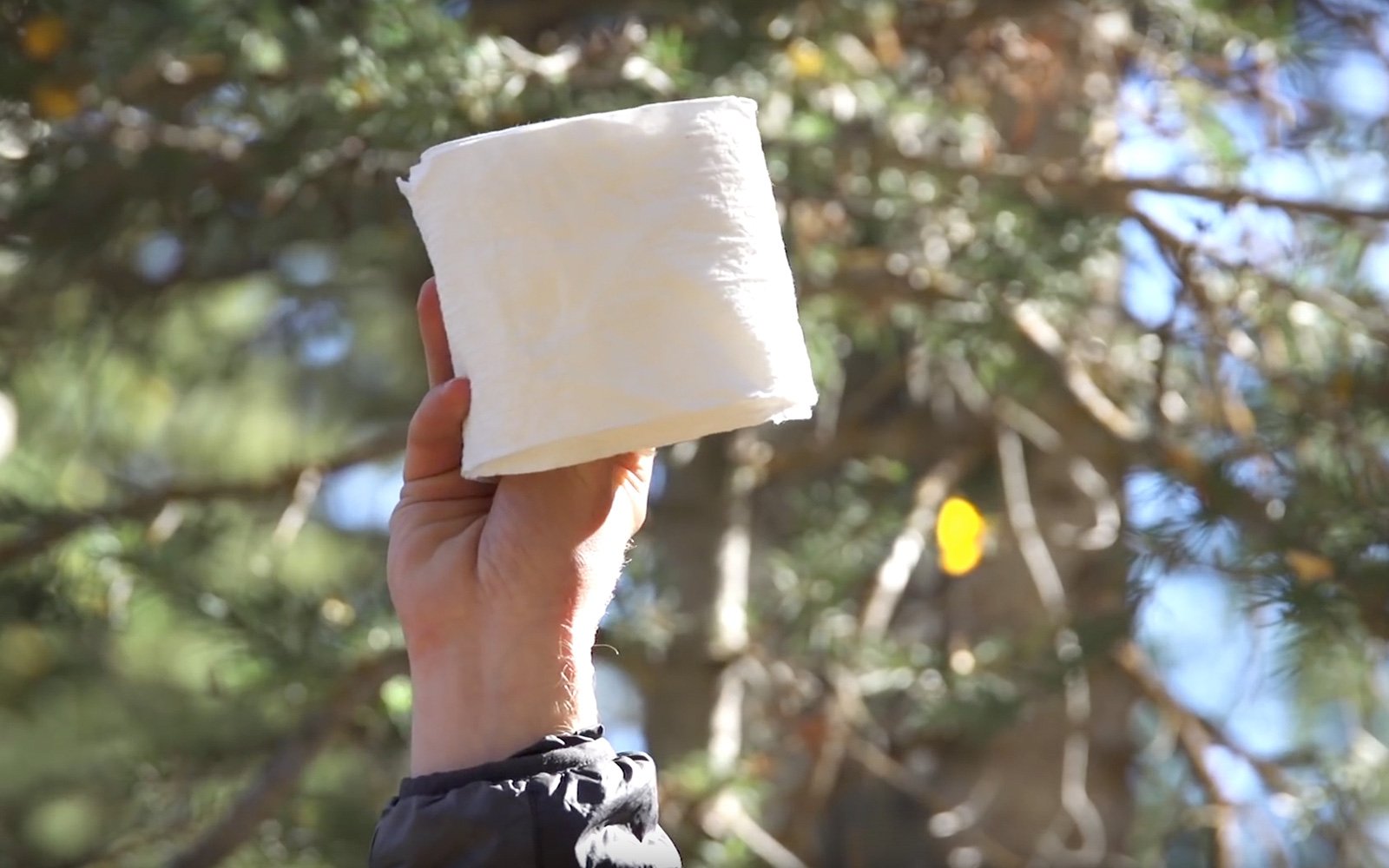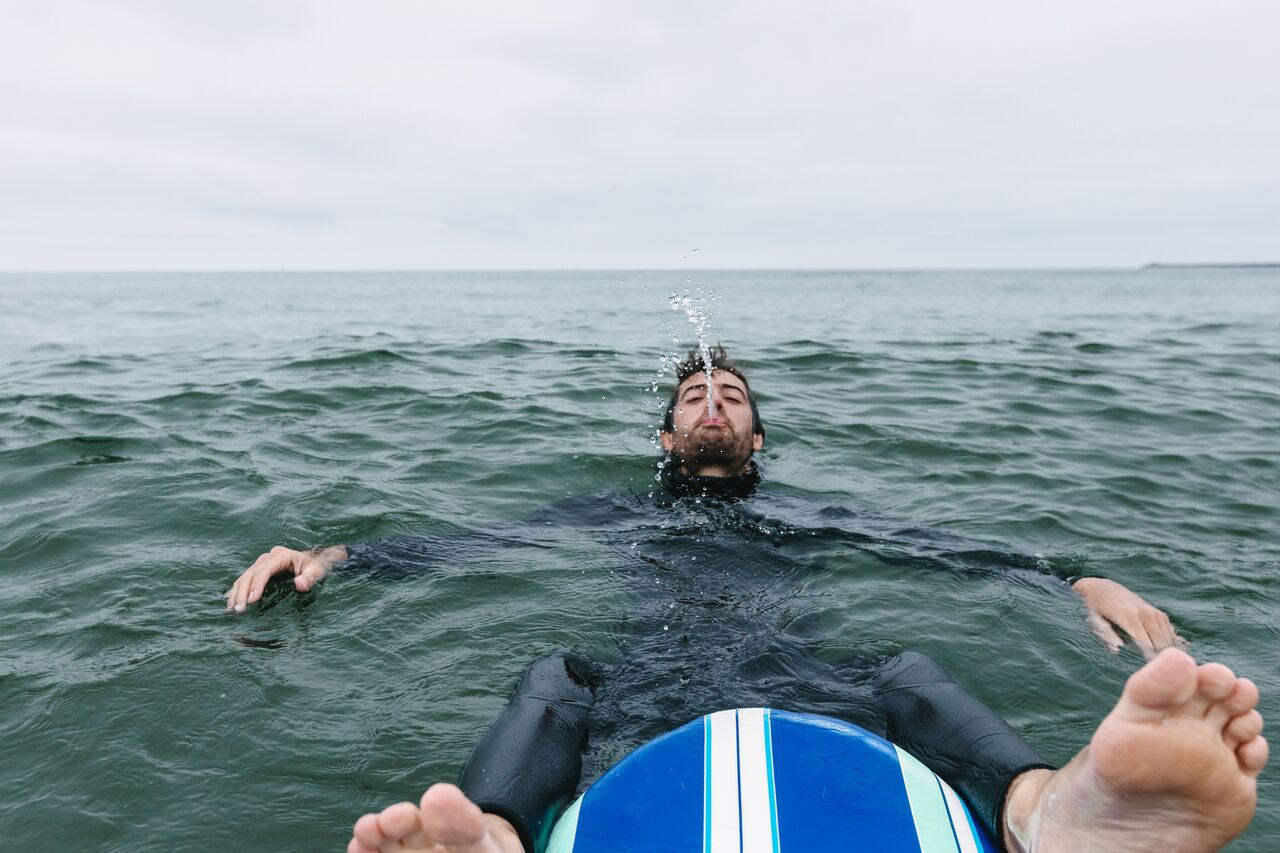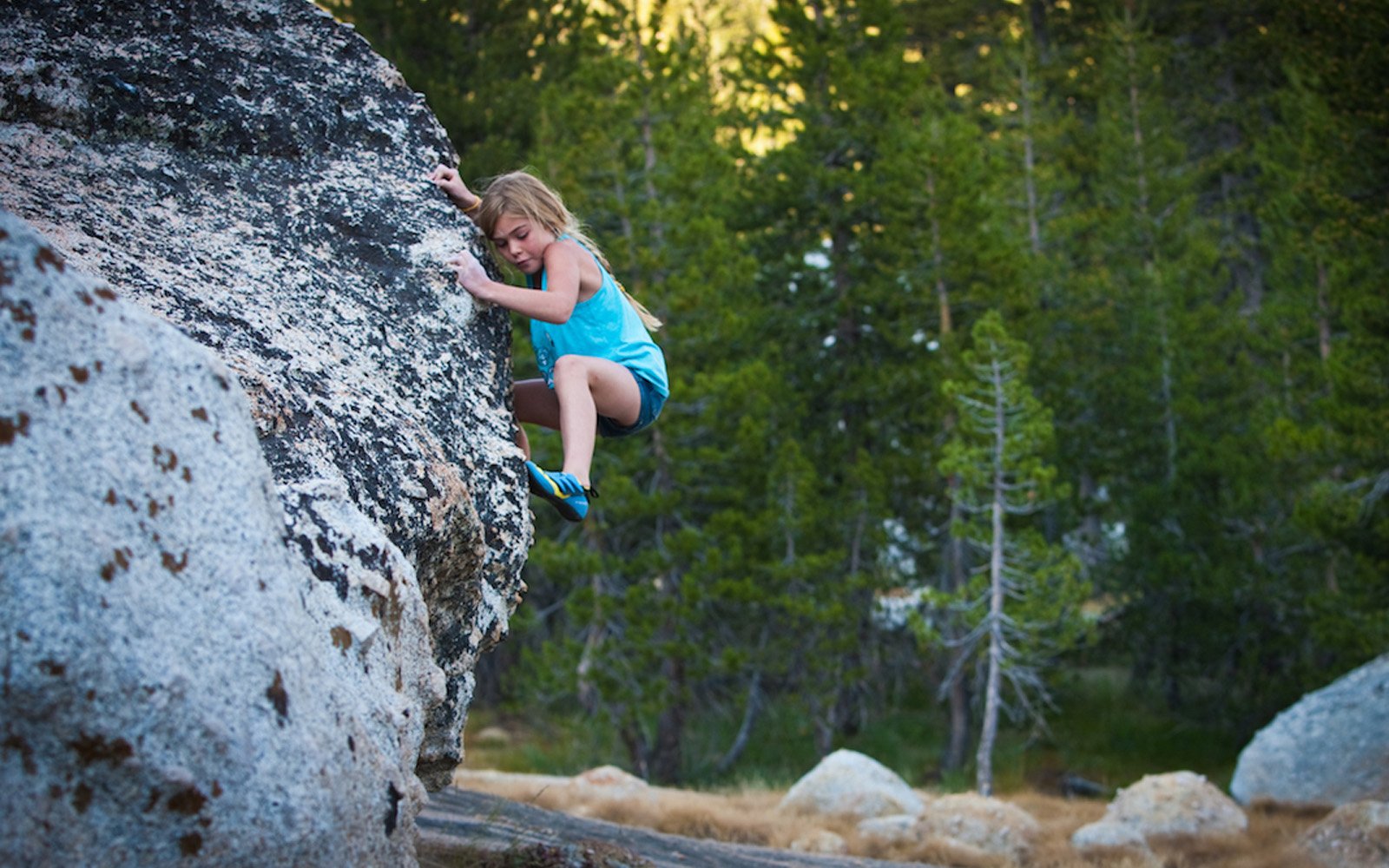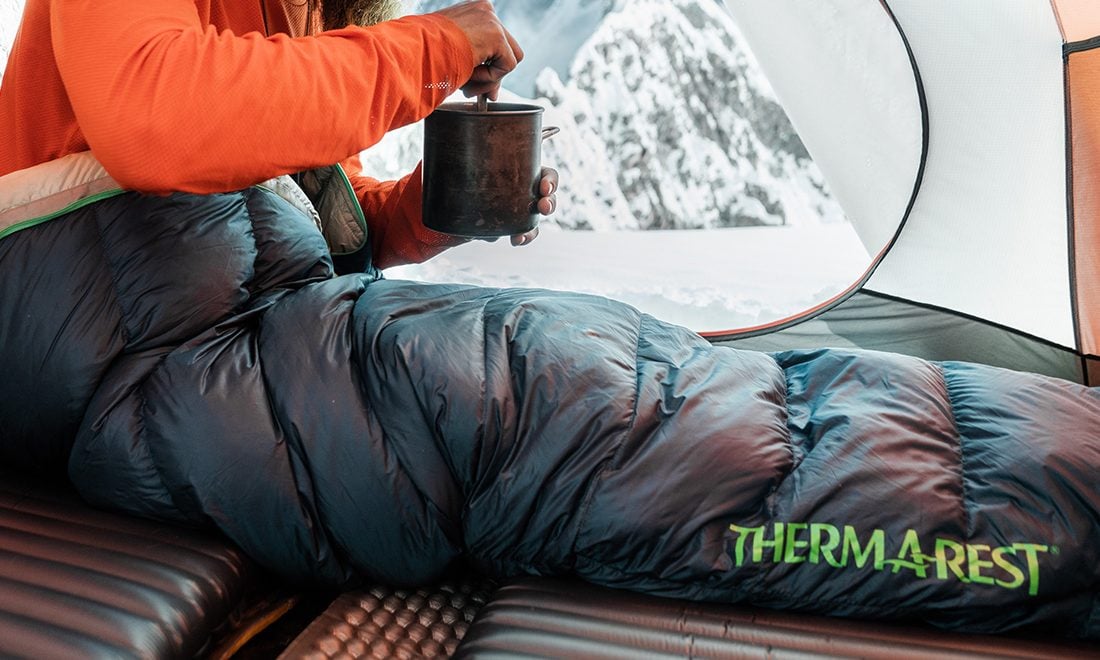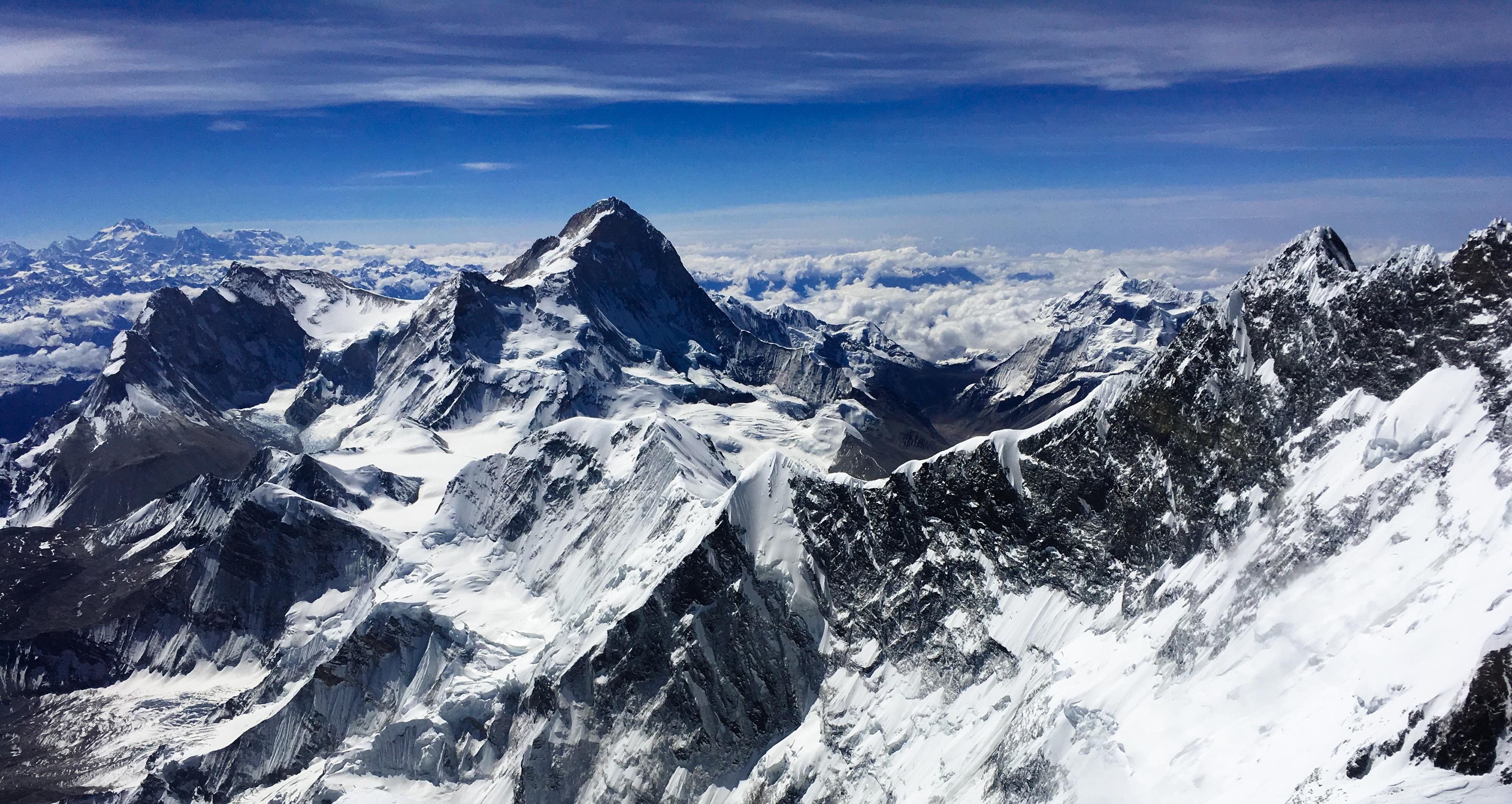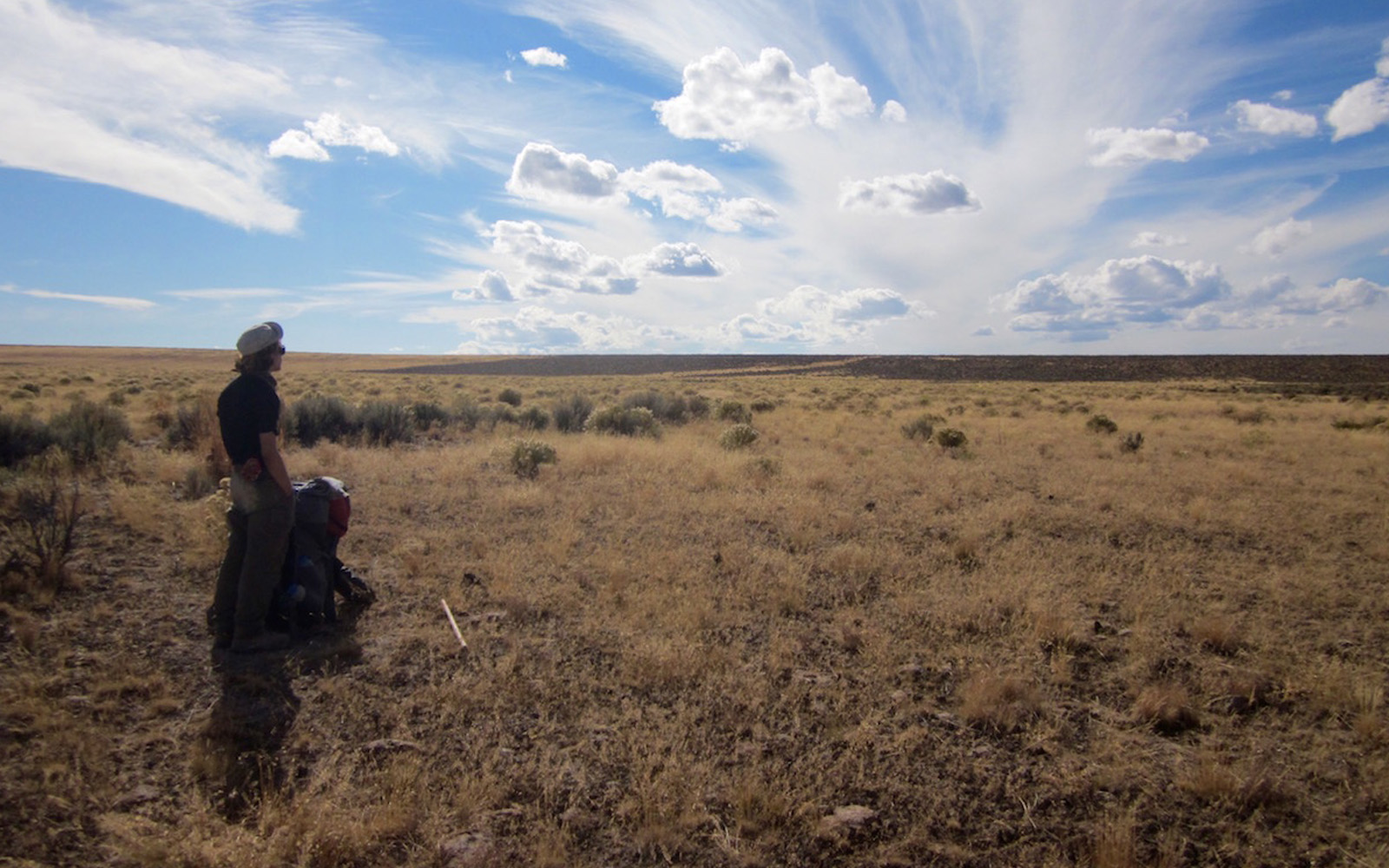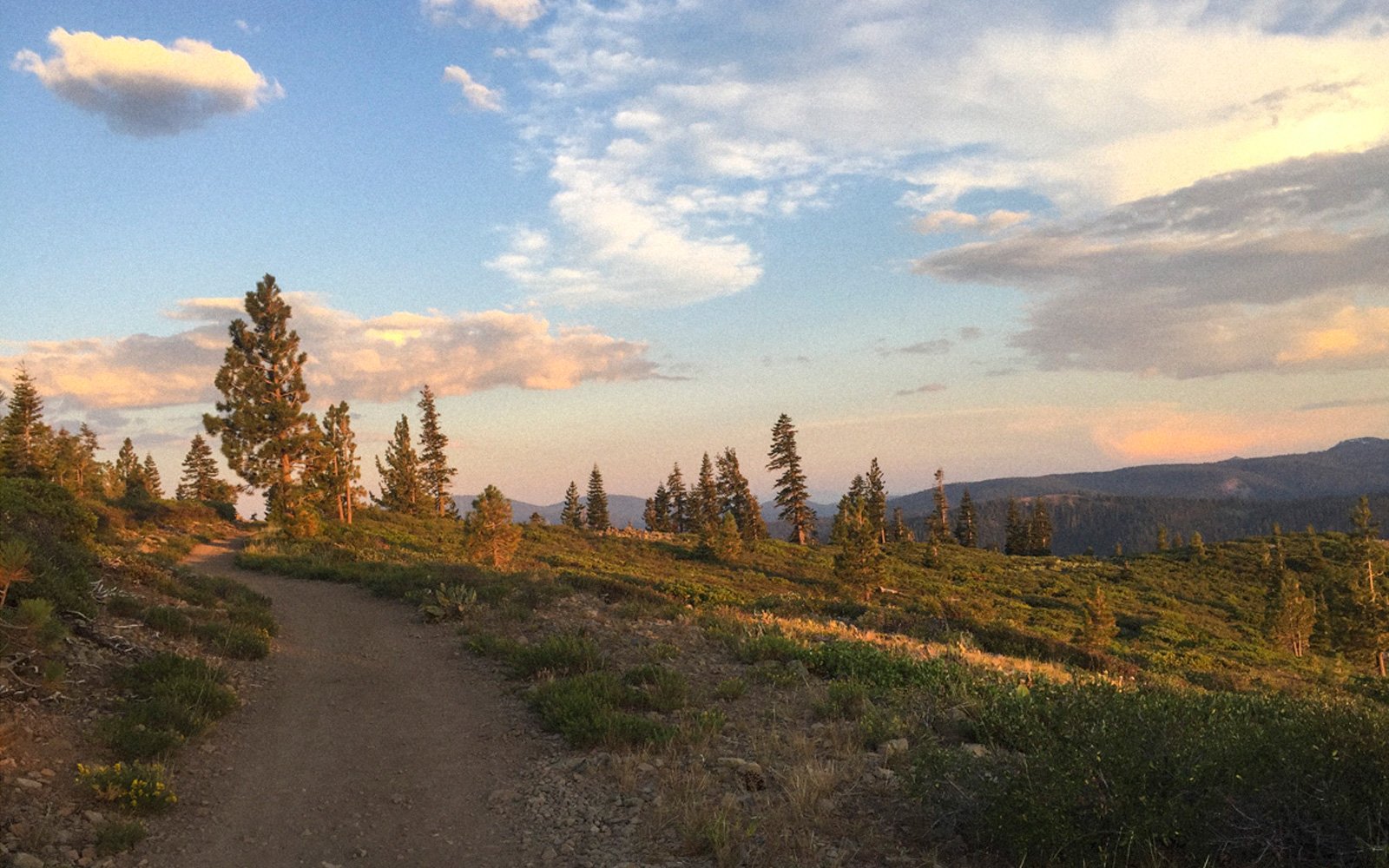The Ten Essentials are long known as the key elements needed for any outdoors woman or man for basic survival. First published in Mountaineering Freedom of the Hills and adapted over the years, the basic list includes a map, compass, sun protection, extra clothing, lighting, first aid, fire starter, matches, knife and food. While having all of these will ensure a safe return to the trailhead, one additional piece of gear goes beyond this personal realm and into the collective. Something to pack out waste to ensure that you leave only footprints.
Enter the eleventh essential – the thing you should always bring with you, not for yourself but for the greater good of all people and places – a trash bag.
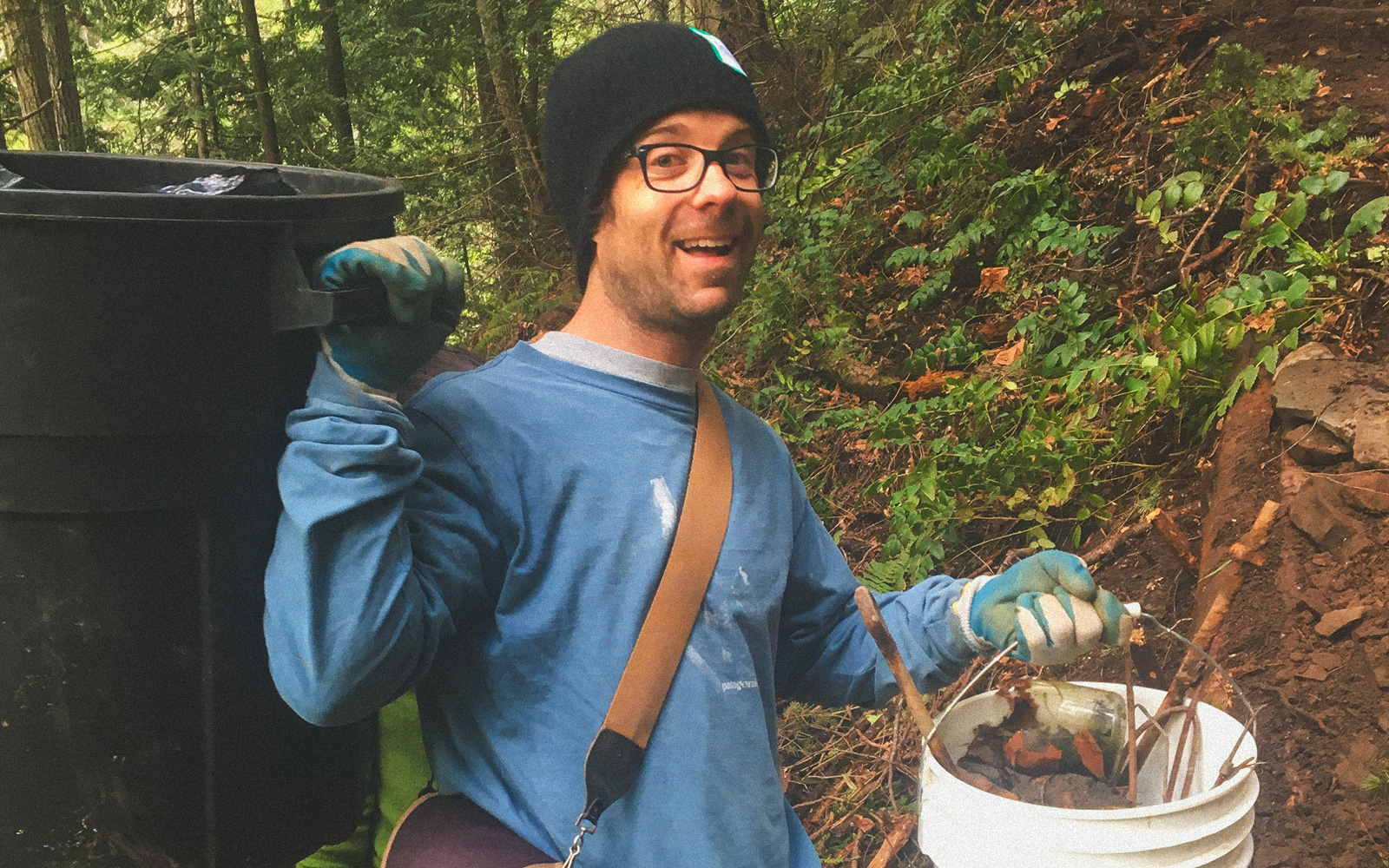
Maybe you’ve encountered this scene: you walk up to your favorite climbing area or trailhead. The parking lot is full of cars stacked in unusual places. The plant life that once flourished has been replaced with bare eroding earth and the trails are crumbling under your feet. This once pristine place is crowded with groups of people, dogs and gear. Little bits of trash have accumulated over the years – crushed beer cans down the hillside, orange peels on the ground, corners of wrappers embedded in the soil. Reality sets in – more people are going to popular places in the outdoors and the impacts of our presence is accumulating.
It sounds simple but let’s face it – the laborious task of stopping to bend over and pick up a piece of trash can be met with the same resistance as roping up for a big wall, dropping in on a gnarly downhill trail or stepping out for a long thru-hike. Why are we, at times, so hesitant to be good stewards?
Be the change
Maybe we’re just lazy. But people going for outdoor adventures aren’t lazy by the very nature of what we choose to do in our free time. Maybe we hold resentment towards the person who left trash behind. But our guilt won’t force them into returning to pick it up. Maybe we feel we would be enabling all the litterers of the world if we pick it up. Whatever the reason, it is simply not convenient to pick up trash. You have to stop, release the waste from its holding spot and then do something with it. Hard work out, right?!

Each bit of trash that is left behind builds up, shifting the landscape from wild and scenic to run down and trashy. Every time we see something we make a choice to either do nothing and be part of the problem or pick it up and be part of the solution. But what to do with the trash once it’s been retrieved from the soil?
Every little bit counts
I remember walking around the Happy Boulders in Bishop doing a survey with my Conservation Team partner, Annabelle. We were both pretty loaded down with our gear for a full day of hiking, mapping and perhaps the occasional boulder problem. We saw some dog waste on the side of the trail. Annabelle immediately stopped, asked me for one of my doggie bags and picked it up. Then we carried on with our day. What’s so special about this moment was that it wasn’t special at all – for us, it’s just a given. We may get frustrated that people are irresponsible, but instead of getting belligerent about it, we just pick it up and move on with our day. But without the bags there on hand, this would have been a messy task for sure.
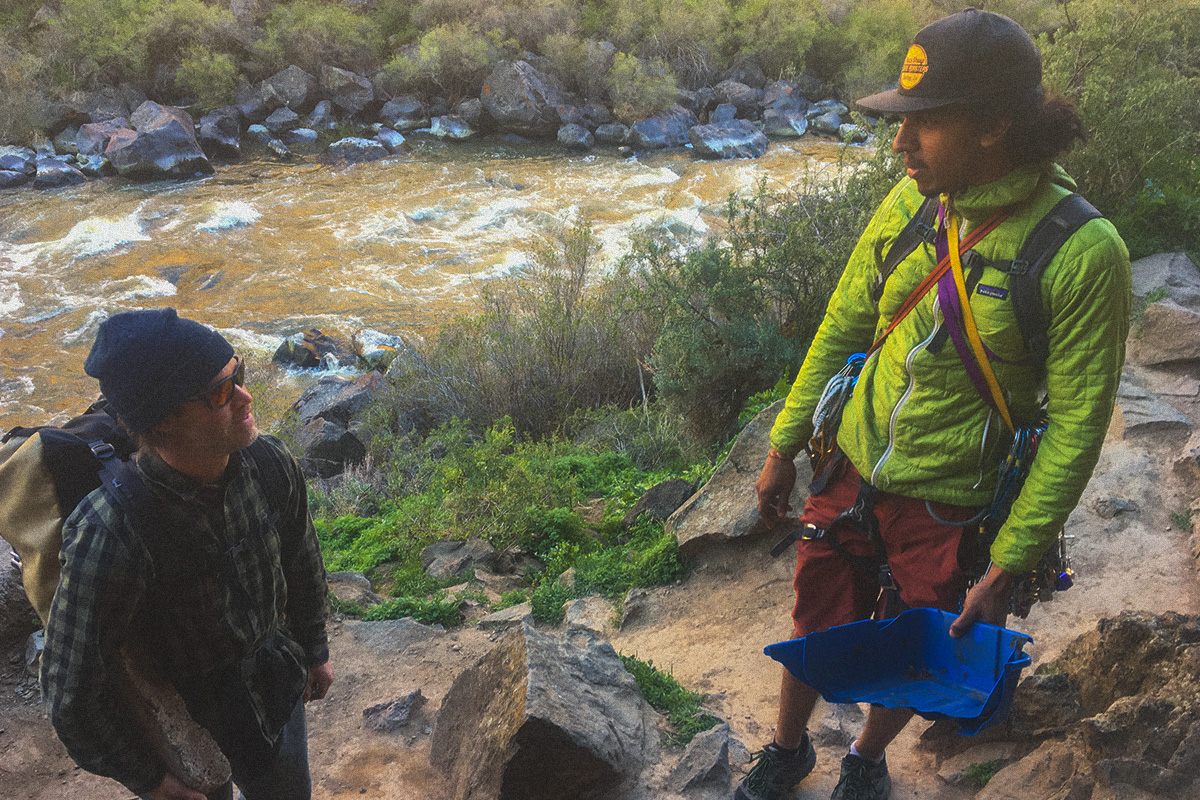
If you’re a dog owner, you’re likely very familiar with the roll of super thin quart sized plastic poo baggies. I keep a handful of these in my pack at all times because when I have them I am more likely to see more trash along the trail. But when I bring bags with me, it’s almost like I turn into superhero trash lady – scouring the hillside, crawling deep into the bushes, meticulously picking bottle caps out of the soil. While doing it, I have found that I assume this sense of ownership and pride. It’s the same feeling I get when cleaning out our Jeep (which we live out of for 10 months out of the year). I find that if I view outdoor spaces as home and treat them the same way, it doesn’t matter who left the beer cans out on the counter from the party last night or which roommate dropped popcorn all over the floor – you just pick it up, because it doesn’t belong there and no magic fairy is going to come and get it.
Hesitation leads to devastation
When I was training to be a raft guide I learned the phrase “hesitation leads to devastation” – the idea that you will continue to go downstream with the flow of the river. Every second delayed debating what to do risks your ability to do what needs to be done to navigate the rapid safely. I try to apply this to many aspects of my life, and it keeps me from entering into the “should I or should I not?” debate. Just pick it up and move on with your life. You’ll feel better, trust me. And if you’ve got your bags with you, it’s not such a big deal now is it?!
I was on a site visit to an urban climbing area in San Francisco with a local steward, Peter. Peter heads up stewardship in Glen Canyon with the Bay Area Climbers Coalition and has been bouldering at this crag for almost 20 years. We met to discuss the Adopt-a-Crag he was coordinating. While discussing plans for building landing areas for the boulders, Peter took it upon himself to stop and pick up trash throughout our site visit. When we discussed plans for the large volunteer event, he expressed that he did not plan for a coordinated trash pickup because he felt there were other issues of higher priority. I wondered how many pounds of trash Peter hauled out of the park every year. At the Adopt-a-Crag on Saturday, close to 50 people came out and were able to focus all of their time on removing graffiti, invasive weeds and repairing trails. It was a amazing to see commitment by the local community on many levels. And the park was beautiful.
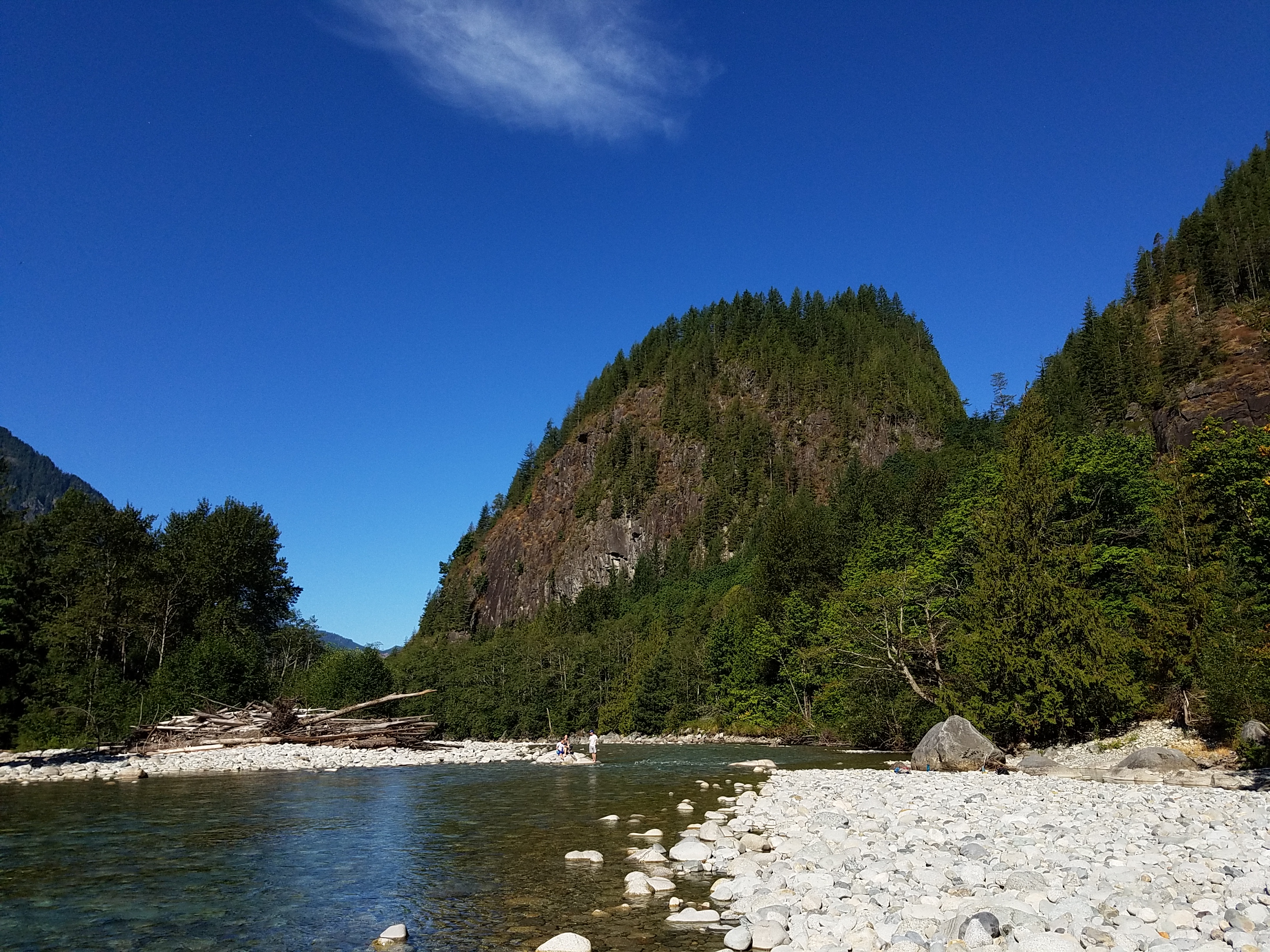
One small step, one big impact
The Access Fund Conservation Teams are on the road all year doing conservation work in climbing areas. As the National Team, we show up to a new crag every week to work with the local community to help steward their area. We help maintain access routes, create sustainable staging areas and remove graffiti – and sometimes trash. Personally, I would love it if every time we show up, the local group said, “we’re really good at packing out trash here, so we won’t need to do a trash pickup”. Volunteer stewardship events take a good bit of energy to coordinate. When waste is not an issue, we can tackle bigger problems that aren’t as drab as trash.
At a time when our public lands are being threatened, it is more important than ever that we each take individual responsibility for our collective impacts. Sometimes it is hard to find the time to volunteer to take care of the places we explore. But maybe next time as you are packing your bag for a trip, throw a few small trash bags in your pack. We need you! YOU MATTER! Our crags, trails and rivers will return to a pristine state when we all take a moment for the greater good.
